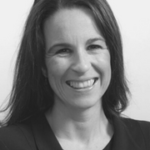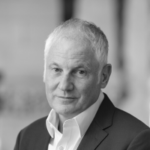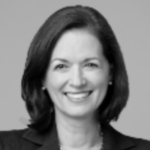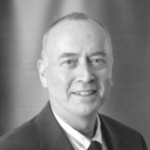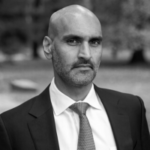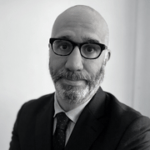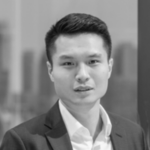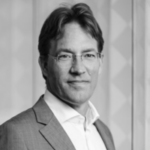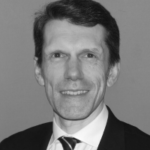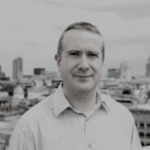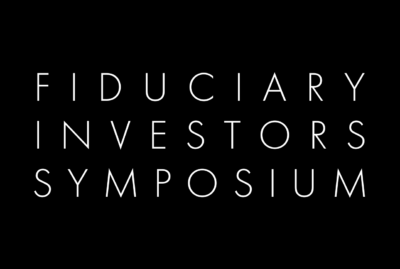Registration and light lunch | Rhodes House, Conference Suite
Welcome
This session with one of Oxford’s leading academics will examine the key drivers of our future, traversing economic, demographic, technological and environmental trends and the risks and opportunities of an increasingly complex and rapidly changing world. As the economy moves from physical to digital, atoms to bits, and manufacturing to services, the session will explore how investors, and society at large, can navigate an increasingly fraught world.
A variety of secular trends are spurring innovation and disruption in the global economy and creating compelling investment opportunities. This session looks at some of these trends, the breadth of the opportunity sets and the related risks. In an environment of accelerating great-power competition and geopolitical instability, it will examine the opportunities emerging from a new focus on strategic security.
Are we living in a state of heightened geopolitical risk or in a state of geopolitical panic? Leading global affairs scholar Stephen Kotkin will take us on a history lesson to presence us to what geopolitical risk actually is and what it means for investors.
Afternoon tea
This session examines how investors are juggling increasingly complex organisational pressures, including managing a successful team; resourcing technology systems and upskilling investment professionals; asset and organisational growth; culture; and finding space to think strategically.
This session takes a deep dive into the operational challenges and evolution of one of the world’s largest asset owners as it moves towards becoming a $1 trillion entity.
In a wide-ranging discussion this session will examine the themes of the conference and challenge the industry on the need for evolution.
Welcome Reception | Rhodes House, Beit and Reception Room
Registration and coffee | Rhodes House, Conference Suite
Welcome
The benefits of economic growth over the past two centuries, including freeing billions from poverty and making many lives healthier and longer, has put it front and centre as the key economic indicator for many countries. This session explores the drivers of growth, examines the idea that growth must be redirected to better reflect what we truly value, and offers original ideas for combatting our economic slowdown.
Over the past 20 years large pools of capital have become larger as well as increasingly global and diversified across asset classes. At the same time, the world has become multi-polar and liquidity cycles have become desynchronised. Facing these challenges, this session looks at how investors can best to allocate assets around the world.
Morning tea
Based on a paper published in the Financial Analysts Journal and real-world implementation, this session looks at the importance of understanding the macro drivers of stock/bond correlations and how risk models should evolve to capture those top-down considerations.
This session looks at how to better link SAA to investors' true objectives and examines how SAA may evolve in the next five years, what technological advancements asset owners may need to consider when constructing portfolios aligned to their true objectives, and what innovative tools asset owners can implement to reshape investment processes and portfolios.
INCLUDES TABLE DISCUSSION
Lunch
Human activities have accelerated biodiversity loss at an alarming rate. This decline has important implications, affecting not only the environment but also human societies and economies. While it poses a significant risk, it also presents valuable opportunities. This session will delve into the concept of regeneration and how it can become a compelling investment opportunity for investors.
Private capital plays a crucial role in tackling the twin crisis of climate change and biodiversity loss. The financial materiality of the degradation of ecosystems and biodiversity loss and the risks it poses to the global economy is clear. The cost of inaction is far greater than that of action, so channelling investment into strategies and corporates that help preserve and restore our ecosystem is essential for addressing these issues. Such strategies can provide investors with a unique opportunity to be exposed to scalable and secular growth themes, have exposure to asymmetric risk return in their portfolio whilst generating real-world impact.
The blue economy is valued at around $1.5 trillion per year, making it the seventh largest economy in the world. This vast natural resource desperately needs funding to support and sustain the existential role it plays in all our lives, but to date, SDG 6 —clean water and sanitation, and SDG 14—life below water, have realised just 5 per cent and 1 per cent of total SDG funding, an alarming shortfall given water’s uniquely fundamental role. In this session explores how the nascent blue bond market can provide an innovative means of supporting the critically underfunded blue economy.
Afternoon tea
Research at the Smith School at Oxford University aims to accelerate the transition to net zero and sustainable development. Blending multiple disciplines, including decades of complex systems science, this talk will look at what is working, and what is not, to trigger the changes in technology, mass mobilisation and finance to reach net zero emissions.
This session explores the urgency, significance, and playing fields of the transformative journey in transition investing. Selling heavy emitting companies and buying lower emitters to align with a Paris-aligned decarbonization target does not guarantee a direct decline in real-world emissions. This session looks at transition investing, which sectors and regions will play a pivotal role, and how to generate alpha from it.
This session will specifically examine the role of private capital in the transition and how institutional investors can achieve financial and impact objectives while positioning their portfolios against climate risk. Among other things it will look at the processes needed to identify forward-looking corporate borrowers well-positioned to capitalise on global decarbonisation trends and how technology is opening up new investment opportunities.
Conference Dinner | Divinity School, Bodleian Library
Registration and coffee
This session, led by Oxford University’s world-leading physics department, will explore the transformative impact of artificial intelligence on science, including health, energy, space and meteorology, leading to real world progress and improved livelihoods.
AI may be the greatest challenge and opportunity facing the current generation of institutional asset owners. This session takes a deep dive into the world of machine learning and how and why asset owners are embracing AI in their assessment of investments and their own internal efficiencies.
INCLUDES TABLE DISCUSSION
Morning tea
Transparency builds trust and a platform to be more impactful in generating change. This session discusses the importance of transparency for leading funds.
Fee innovation - focusing on the shape of fees, and fee discovery and transparency – is good for everyone in the industry: managers are rewarded with positive flows, and asset owners gain better alignment and value.
Investors share how they are looking at global macro risks and opportunities and what actions they are considering to future-proof their portfolios. They will explore the need to align decisions with stakeholder perspectives in the face of an increasing number of external challenges.


